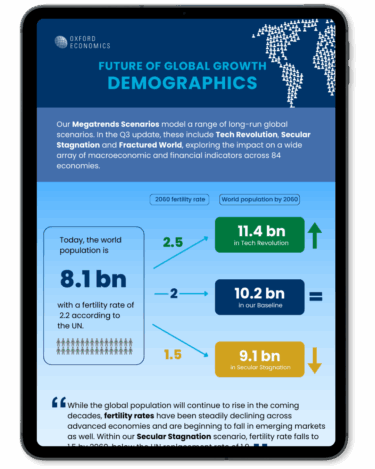The German Music Industry: Investments and Payments to Artists
On behalf of the German Music Industry Association (BVMI)

Our study “The German Music Industry: Investments and Payments to Artists”, on behalf of the German Music Industry Association (BVMI), examines whether and how artists have benefited from the increased revenues of German music labels in recent years.
The German music industry has undergone significant change over the last two decades. Advancing digitalisation and the associated transformation process from physical to digital products has not only changed how consumers listen to music, but also the tasks of companies within the music industry, especially music labels. In addition to new opportunities, digitalisation has also brought new challenges for music labels, which initially led to a decline in sales for many years. It is only in the last four years that the revenue of German music labels has risen continuously again, so that in 2020 the revenue level of 2010 was reached again for the first time. In 2022, industry revenue amounted to EUR 1.15 billion and was around 17% above the 2010 level.
As the media mainly communicates the revenues of music labels, there has so far been a lack of information on the extent to which artists have also benefited from the economic recovery of music labels. This study therefore analyses the extent to which German music labels have reinvested their increased revenues of recent years in the development of new talent and existing artists and passed them on to their artists in the form of payments. To this end, we look at the following developments in this study:
• Investments in Artists & Repertoire and Marketing & Promotion
• Payments to artists by music labels
The experts behind the research
Our Economic Consulting team are world leaders in quantitative economic analysis, working with clients around the globe and across sectors to build models, forecast markets and evaluate interventions using state-of-the art techniques. Lead consultants on this project were:

Johanna Neuhoff
Associate Director of Consulting, Economic Impact

Yann Girard
Director of Consulting, Economic Impact
Tags:
Recent Related Reports

Future of Global Growth: Demographics
Our Megatrends Scenarios model a range of long-run global scenarios. In the Q3 update, these include Tech Revolution, Secular Stagnation and Fractured World, exploring the impact on a wide array of macroeconomic and financial indicators across 84 economies.
Find Out More
Roadblocks to China’s chip self-sufficiency dream
China is unlikely to achieve full chip self-sufficiency any time soon because of high technological hurdles in producing advanced manufacturing equipment and materials. The self-sufficiency target now stretches well beyond actual fabrication to include the entire chip supply chain as China struggles to acquire necessary input and machinery into the production process.
Find Out More
Why invest in AI ethics and governance?
In collaboration with the Notre Dame-IBM Technology Ethics Lab, Oxford Economics conducted 15 interviews with senior executives in 2024 to better understand how organizations are evaluating the ROI of AI ethics investments.
Find Out More
Global P&C Insurance Outlook to 2050
Capgemini leveraged custom macro and insurance market forecasts from Oxford Economics for their latest P&C insurance flagship report.
Find Out More
